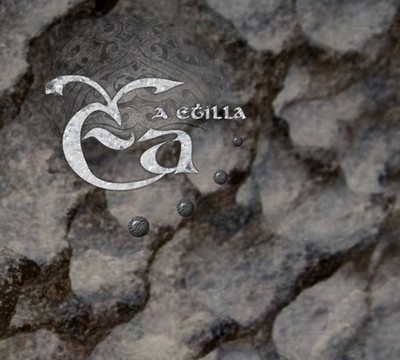- Просмотреть список опций
| КОД | Варианты альбома | Доступность | Цена | ||
|---|---|---|---|---|---|
|
|
SP. 081-14 x
|
Нет в наличии
|
900.00 ₽ | ||
|
|
SP. 081-14D x
|
Нет в наличии
|
1 000.00 ₽ |
Новый альбом группы, не нуждающейся в представлении ценителям funeral doom metal! Продолжающий концепцию предыдущего одноименного альбома, новое творение Ea это 50-тиминутная эпическая композиция, содержащая всё то, чем группа сумела завоевать любовь слушателей: величественные гитарные партии, перемежающиеся с акустическими вставками, атмосферные клавишные, вкупе с эмбиентными моментами рисующие величественные бескрайние ландшафты, заполненные руинами ушедших цивилизаций. Мелодичные гитарные соло и торжественные чистоголосые хоры способствуют большему погружению в свой таинственный мир. Безусловно, это ещё один шедевр от мастеров эпического funeral doom metal, таинственной группы Ea. Первые 100 экземпляров альбома изданы в виде строго лимитированного диджипака!
Треклист:
1 A Etilla 49:12
Артист:
Ea
Год альбома:
2014
Название:
A Etilla
Стиль:
epic funeral doom metal
Формат:
Compact Disk
Тип:
CD
Упаковка:
Digipak
Лейбл:
Solitude Productions
Кат. номер:
SP. 081-14D
Год издания:
2014
Штрих-код:
4627080610477
Страна-производитель:
Russia






















































